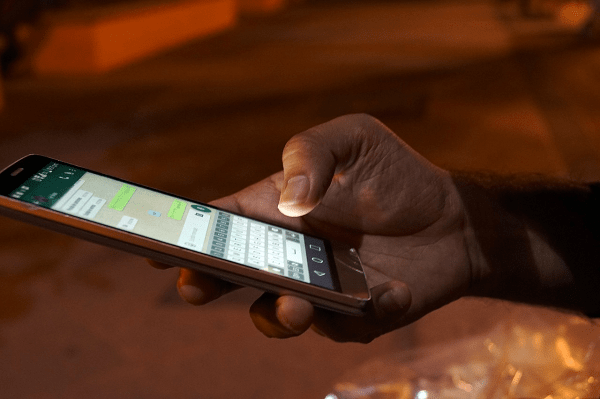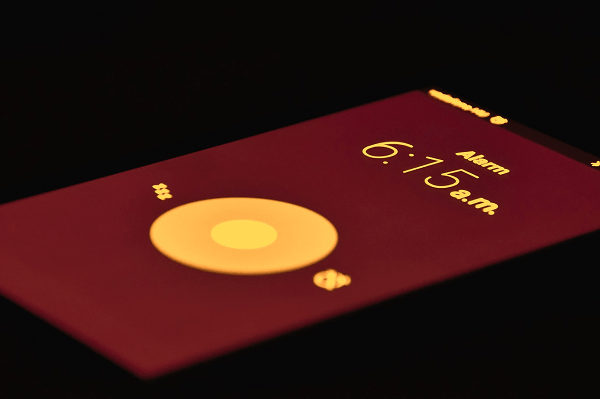Have you ever heard of blue light? Although it is naturally-occurring, it became mainstream with TVs, laptops and cellphones, and nowadays it’s pretty much everywhere. Experts are on the fence about its dangers, but many people don’t trust the long-term effects of blue light on their health. Here’s what scientists say about blue light and its consequences.

Blue light is the scientific term that refers to visible light on the 380 to 500 nm frequency. That means it has a short wavelength and produces higher amounts of energy than other wavelengths. While it is called “blue” it doesn’t look blue to the human eye.
Natural light from the sun comes in the whole spectrum. In fact, blue light is the reason why the sky looks blue! However, artificial light sources -from lightbulbs to smartphones- usually offer a limited spectrum, and this is where it starts interfering with our bodies.
Light, and specifically blue light, helps the human body regulate our circadian rhythms. When you absorb blue light through your eyes, this jumpstarts physiological reactions that signal to your body it’s daytime. Because of that, blue light wakes your brain up, boosts your mood, gets your heart pumping faster and in general, makes your metabolism stay active.
However, according to Harvard’s medical journal, our natural receptivity to blue light is also the source of many issues. When you’re exposed to blue light at nighttime, your body believes it’s morning again and this can cause your biological clock to get unbalanced.
Humans have a 24-hour circadian rhythm (also known as biological clock). In general, when your internal clock is in line with the environment, your body will work more efficiently, you’ll sleep better and feel more active during the day.
However, nowadays we’ve modified our biological clocks. Technology allows us to stay up for longer, and artificial light plays a major part in our nighttime routine.

In fact, according to a Harvard-led study, an unbalanced circadian rhythm can lead to diabetes and obesity. Even small amounts of light can mess with your body, keeping you from getting enough sleep and increasing your risk for many chronic illnesses like diabetes, depression and cardiovascular issues.
Short answer: it could be, if you’re exposed for too long.
Although any light can affect your biological clock, blue light has the most severe effect. Blue light suppresses melatonin -the hormone that signals your body it’s time to sleep-. In fact, just 6.5 hours per day will suppress more than half the melatonin in comparison with other wavelengths. That means blue light has a higher chance of messing with your circadian rhythm and its dangerous consequences [2].
In contrast, blue light isn’t harmful to your actual eyes and won’t cause blindness nor macular degeneration because the light from our phones or screens isn’t powerful enough [3].
Now that you know it’s important to avoid artificial blue light after dark, you can add these easy changes to your daily routine. Soon enough, they will become second nature. Here’s what Harvard scientists recommend to avoid the harmful effects of excessive blue light exposure:
Have you ever experienced insomnia from too much blue light exposure? Let us know in the comments below!
Bert Senechal
July 9, 2021 at 4:37 am
Very good suggestion I have computer glass and add eyes saver mode on my computer screen.